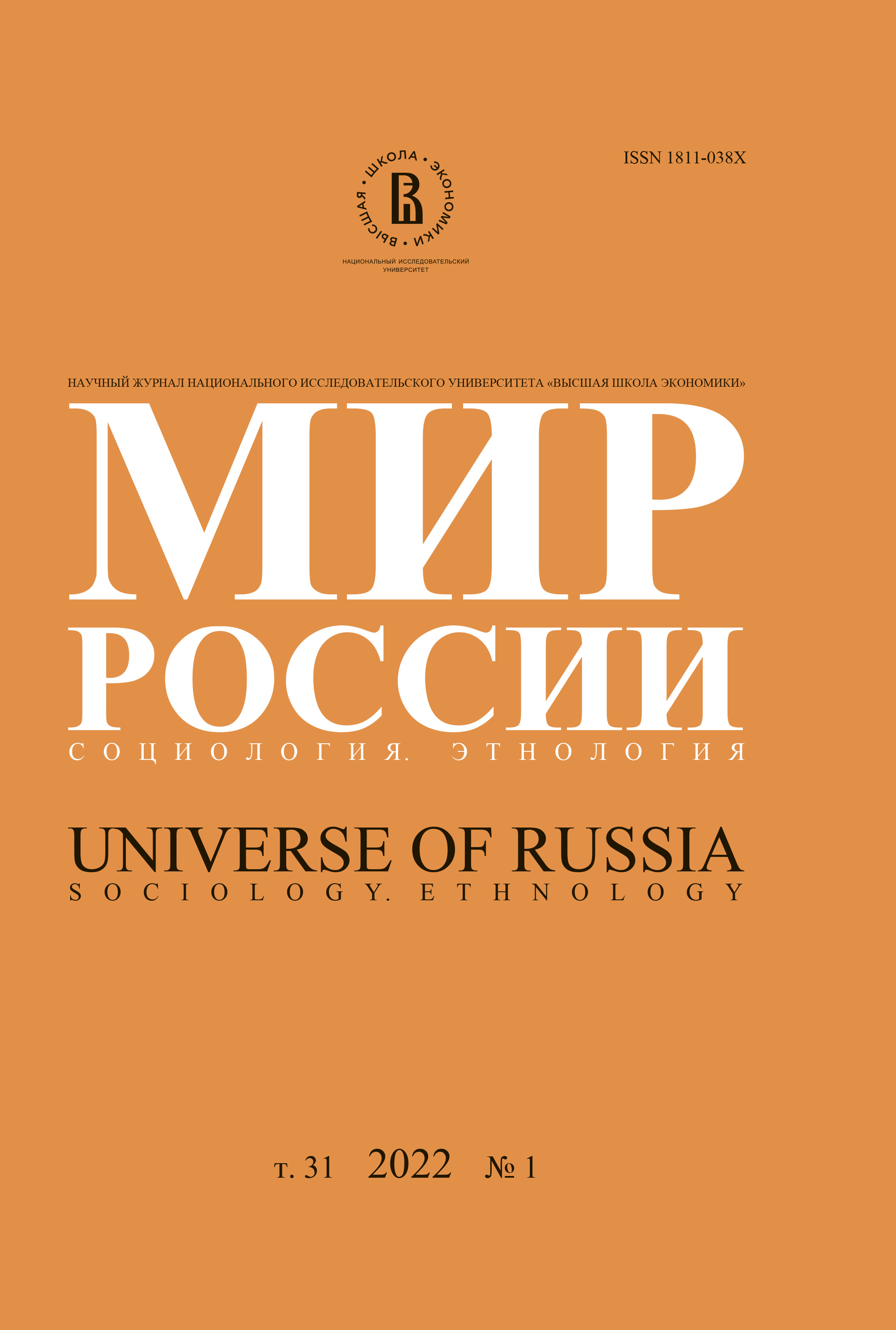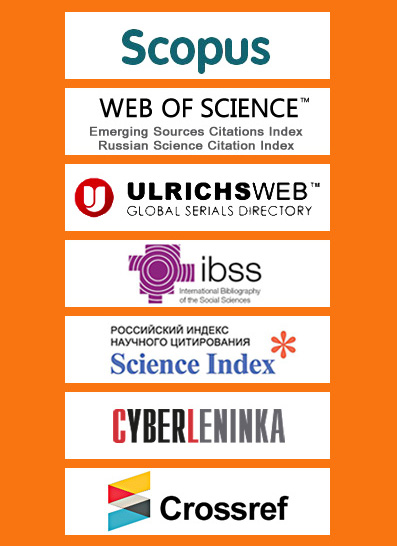Образовательная миграция в регионах ресурсного типа
Аннотация
В статье рассматривается образовательная миграция в регионах ресурсного типа при переходе «школа – вуз»; выделены и охарактеризованы ее структурные и субъектные факторы. Важнейшим структурным фактором образовательной миграции являются ресурсно-отраслевые характеристики регионов, особенности их рынков труда. Показано, что потоки общей и образовательной миграции из регионов ресурсного типа выше, чем в среднем по регионам и по нересурсным регионам. Это сопровождается ухудшающим отбором человеческого капитала, оттоком выпускников с более высокими образовательными результатами и социально-экономическим статусом семей. Данные регионы в экономике России становятся поставщиками не только природных и финансовых ресурсов, но и человеческого капитала, наблюдается «западный дрейф» образовательной миграции, усиливающий общий миграционный поток в западном направлении. Другим структурным фактором формирования потоков образовательной миграции является институциональный дизайн системы высшего образования, сложившийся в результате реформ, направленных на повышение ее отраслевой эффективности. Соответствующие институциональные новации (введение ЕГЭ, новых механизмов выделения контрольных цифр приема, показателей оценки эффективности деятельности вузов) в целом ухудшили положение систем высшего образования регионов ресурсного типа, прежде всего по характеристикам доступности. Исключения наблюдаются в традиционных университетских центрах (Томск, Казань, Самара). В целом сформированная сеть вузов и распределение контрольных цифр приема определили отток человеческого капитала из регионов ресурсного типа. В статье дана характеристика формирования новых миграционных стратегий домохозяйств, при которых переход «школа – вуз» рассматривается как «судьбоносный момент», к которому готовятся заранее, а окончание школы становится толчком для миграции всей семьи (одновременной или растянутой во времени). Более подробно структурные факторы образовательной миграции описаны на примере Кемеровской области – Кузбасса. Приведены данные об оттоке из области стобалльников и результаты глубинного интервью с родителями выпускников одного из образцовых образовательных учреждений Кузбасса. Выявлено, что образовательная миграция при переходе «школа – вуз» – семейное решение не только потому, что опирается на личные предпочтения, интеллектуальные возможности ребенка и ресурсы семей, но и потому, что основывается на долгосрочных семейных планах, связанных с мобильностью (территориальной, профессиональной). Таким образом, происходит отток не только выпускников школ, но и их семей. Регион теряет и потенциальных специалистов, и действующих высококвалифицированных работников, и предпринимателей. Показано, что наблюдаемые в регионах ресурсного типа процессы образовательной миграции при переходе «школа – вуз» могут иметь долговременные последствия, связанные с формированием кумулятивной связи образовательной миграции и регионального развития. Это требует изменений в проводимой социальной-экономической и образовательной политике как на федеральном, так и на региональном уровнях.






